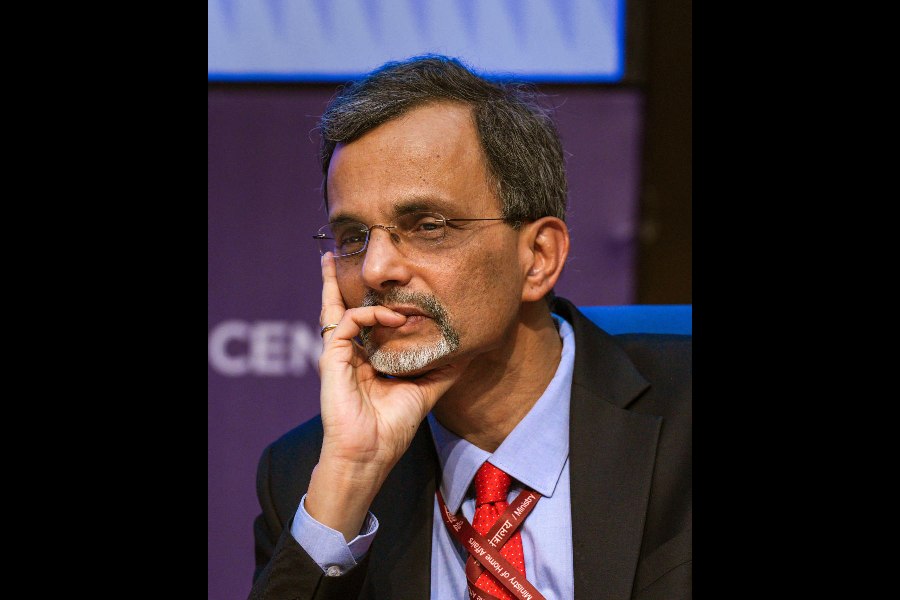Chief economic adviser V. Anantha Nageswaran on Thursday asked Corporate India to ramp up capital expenditure and raise workers’ compensation in line with the growth in profitability to help India achieve an over 6.5 per cent economic growth and become a developed nation by 2047.
Highlighting the importance of a virtuous cycle of investment, he said that the increased investment would not only enhance capacity but also create more jobs at greater remuneration, leading to higher household savings.
“We are facing this challenge that the growth in profitability has not only exceeded the growth in capital formation, but the growth in compensation, which includes hiring as well, has also trailed the growth in profitability... this is something that we can ill afford for the next 25 or 30 years,” he said.
This kind of challenge is generally faced by developed countries and not developing countries like India, he said, while addressing a CII event here.
Citing an example, he said the Indian private sector witnessed a profitability growth of four times from ₹7.2 lakh crore to ₹28.7 lakh crore as of March 2024, but the capital formation grew only three times in the second decade.
“So, there has been a small gap in the rate of growth of profitability and the rate of growth of capital formation. If we have to achieve a sustained 6.5 per cent growth minimum in real terms and aim for a higher growth rate then this gap has to close,” he said.
The other key area, which the private sector should focus on, is the balanced deployment of capital and labour, he said, adding that India would require a lot of investment in creating capacities, including in the infrastructure space, over the next 25 years.
Meeting India’s capital needs would require steady growth in household incomes and savings and this can be possible when their income rises, he noted.
Nageswaran also highlighted the importance of reducing the regulatory burden for better productivity of capital, but for this, trust has to be developed between the government and the private sector.
“In fact, a significant share of regulatory overreach is sometimes due to the non-reciprocity of trust on the part of the private sector. Therefore, from our perspective, the ‘what’ of deregulation is clear, but ‘how’ becomes more challenging, because sometimes deregulation leads to unintended consequences of abuse as well,” he said.










